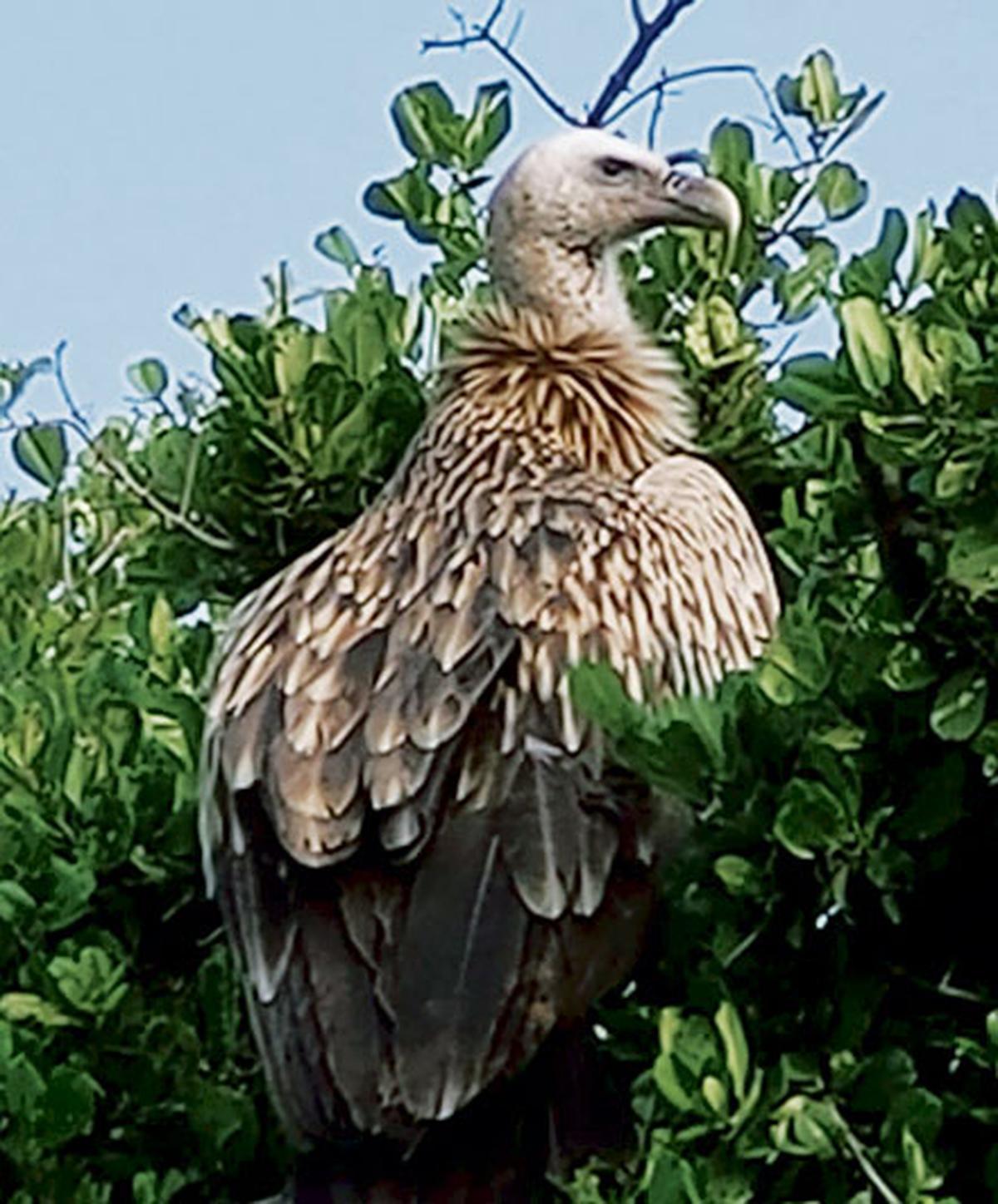Science
Assam Launches India’s First Vulture Conservation Portal

A pioneering initiative in India’s wildlife conservation landscape has emerged with the launch of the country’s first dedicated vulture conservation portal. The portal, developed by the Assam-based organization We Foundation India, aims to connect individuals and groups committed to protecting these vital scavenger birds. The launch event took place on September 2, 2025, in collaboration with the Department of Zoology at Gauhati University and attracted a diverse group of conservationists, researchers, and students.
The portal, accessible at thevulturenetwork.org, serves as a comprehensive platform for disseminating knowledge about vultures in India. It was specifically designed to compile scientific information and provide outreach materials that can be used by individuals and organizations for awareness campaigns. According to Nilutpal Mahanta of We Foundation India, the portal will prioritize information available in local languages, starting with Assamese. This approach aims to engage grassroots communities by illustrating the connection between vulture conservation and local livelihoods.
Addressing Vulture Population Decline
The launch event also highlighted the critical threats facing vulture populations, including carcass poisoning and harmful veterinary drugs like diclofenac. These issues are significant contributors to the drastic decline of vulture numbers across India. Special attention was given to the slender-billed vulture, which is now critically endangered, with only approximately 800 mature individuals remaining.
The event coincided with preparations for International Vulture Awareness Day, observed on the first Saturday of September each year. This day aims to raise awareness about the ecological importance of vultures and the immediate need for their protection. Dr. Mahanta emphasized the urgency of these initiatives, stating that vultures play a crucial role in maintaining the health of ecosystems by consuming carrion.
Among the attendees were notable figures such as Rohini Ballav Saikia, Deputy Conservator of Forests, and Oinam Sunanda Devi, a scientific officer with the Assam State Biodiversity Board. Both presented insights into vulture conservation strategies and the role of various stakeholders in this effort.
Collaborative Efforts in Conservation
We Foundation India’s partners in this project include the Assam Bird Monitoring Network, LASA Foundation, and various individual researchers and conservationists. The collaborative nature of the portal aims to foster a unified approach to addressing the challenges faced by vultures and other endangered species.
During the event, Rupam Bhaduri from the Assam Bird Monitoring Network stressed the importance of integrating citizen science into conservation efforts. Engaging local communities will not only enhance conservation strategies but also promote a deeper understanding of the ecological significance of vultures.
The establishment of this vulture conservation portal represents a significant step forward in addressing the critical status of vultures in India. As conservationists work to reverse the decline of these essential birds, the portal will serve as a vital resource for education, awareness, and action.
-

 World5 months ago
World5 months agoSBI Announces QIP Floor Price at ₹811.05 Per Share
-

 Lifestyle5 months ago
Lifestyle5 months agoCept Unveils ₹3.1 Crore Urban Mobility Plan for Sustainable Growth
-

 Science4 months ago
Science4 months agoNew Blood Group Discovered in South Indian Woman at Rotary Centre
-

 World5 months ago
World5 months agoTorrential Rains Cause Flash Flooding in New York and New Jersey
-

 Top Stories5 months ago
Top Stories5 months agoKonkani Cultural Organisation to Host Pearl Jubilee in Abu Dhabi
-

 Sports4 months ago
Sports4 months agoBroad Advocates for Bowling Change Ahead of Final Test Against India
-

 Science5 months ago
Science5 months agoNothing Headphone 1 Review: A Bold Contender in Audio Design
-

 Top Stories5 months ago
Top Stories5 months agoAir India Crash Investigation Highlights Boeing Fuel Switch Concerns
-

 Business5 months ago
Business5 months agoIndian Stock Market Rebounds: Sensex and Nifty Rise After Four-Day Decline
-

 Sports4 months ago
Sports4 months agoCristian Totti Retires at 19: Pressure of Fame Takes Toll
-

 Politics5 months ago
Politics5 months agoAbandoned Doberman Finds New Home After Journey to Prague
-

 Top Stories5 months ago
Top Stories5 months agoPatna Bank Manager Abhishek Varun Found Dead in Well









